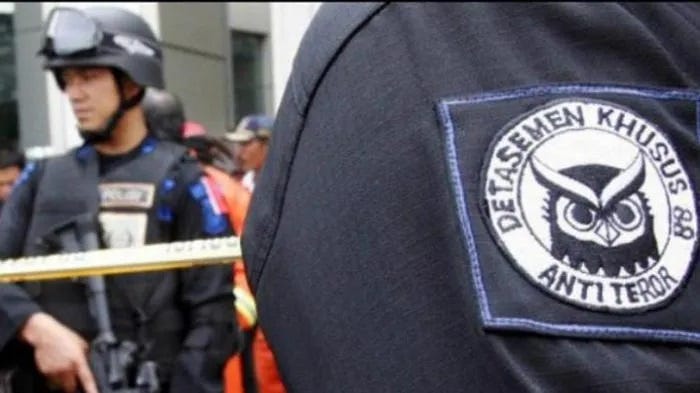Antiterror fight: 'ASEAN nations must use untapped new research, military'
The 42nd ASEAN Summit in Indonesia has been urged to produce an agreement to eradicate all terrorism types.

YOGYAKARTA: The 42nd ASEAN Summit that starts today (May 10) have been urged to produce an agreement to eradicate all types of terrorism in Southeast Asia using largely untapped new research results as well as the military and their technology.
Indonesian terrorism analyst Al Chaidar, who like many Indonesians only has one name, said that terrorism in Indonesia is widespread because there are many transnational terrorist movements in Indonesia, ANTARA reported.
He named several examples such as the Eastern Indonesia Mujahidin (MIT) in Poso, Central Sulawesi, the Free Papua Organization (OPM) in Papua, and "tanzim" or dynamic terrorism such as the Jamaah Ansharut Daulah (JAD), Jemaah Islamiyah (JI), Jemaah Ansharut Tauhid (JAT) and groups against general elections.
"To overcome this is not easy. ASEAN must eradicate all types of terrorism in Southeast Asian countries by strengthening regional cooperation, not only institutional cooperation," said Al Chaidar.
He said there are transborder terrorists such as the Abu Sayyaf Group of the southern Philippines and the OPM in border areas, which are problematic areas that terror groups take advantage of for their massive terror operations.
ASEAN will be able to carry out eradication of terrorism if it uses new theories based on the results of research on terrorist groups, Al Chaidar said.
So far, he said, a lot of research results have not been used so many terrorist groups are still roaming freely in this region by utilising the very wide network they have had since the 1980s.
Al Chaidar contended that ASEAN will be particularly successful in overcoming "tamkin" terrorism or terrorism that is territorial and organic in nature as found in Poso where MIT tended to use their transnational network in the southern Philippine region.
"The border area is a very problematic area and therefore cooperation between countries is needed on how to guard the boundaries of their respective territories or borders and increase intensive cooperation to manage the traffic of people and goods both on land and at sea," he suggested.
"And possibly, these will use a form of military technology such as surveillance to carry out optimal monitoring and supervision of border areas on land and at sea."
According to Al Chaidar, the ASEAN organisation has technological resources and state apparatuses that can be used for surveillance purposes.
If the government does not utilise military technology, then terrorist groups will utilise this technology and with the capability and combat experience of these separatist terrorist groups, it will be more likely for them to move and carry out sudden attacks on military posts, as well as the civic communities, he said.
According to him, the use of the armed forces of each ASEAN country is necessary even though Indonesia is currently in a period of reform euphoria that tends not to use or trust a state apparatus called the military or army.
If the military is hated or sidelined, he said, it will create a vacuum of power that will be used by terrorist groups to control the areas they claim as their homeland which they will liberate.
"Indonesia and several other countries consider the military as abusive in using weapons which is seen as violating human rights and this actually happened in the past, but in the present time, actions should not be oversimplified," he said.




Zam what do you make of the recent attack on the ASEAN convoy in Shan State, Myanmar? While some may not categorise that as “terrorism”, it certainly feels like something that ASEAN needs to address. As ever though, the principle of non-intervention may hamper that perhaps...